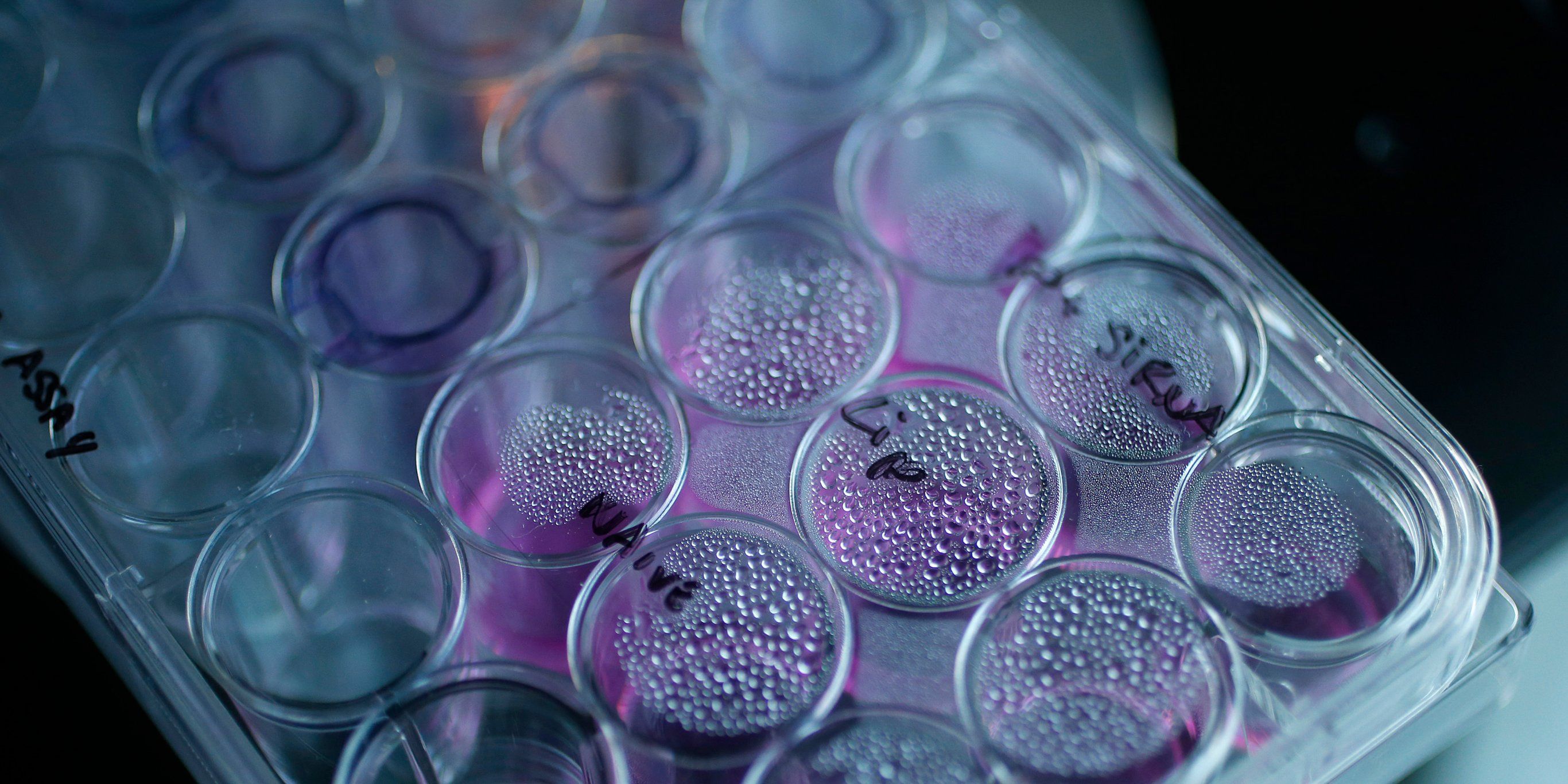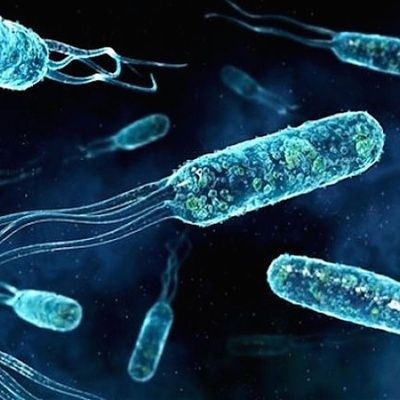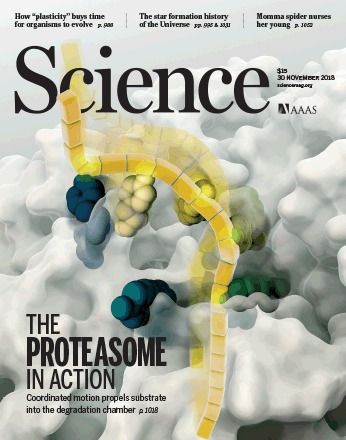Dec 5, 2018
In World First, Woman Gives Birth After Receiving Uterus Transplant from Dead Donor
Posted by Genevieve Klien in categories: biotech/medical, genetics
A team of doctors in Brazil have announced a medical first that could someday help countless women unable to have children because of a damaged or absent uterus. In a case report published Tuesday in the Lancet, they claim to have successfully helped a woman give birth using a transplanted uterus from a deceased donor.
According to the report, the team performed the operation on an unnamed 32-year-old woman in a Brazilian hospital in September 2016. The woman had been born with a rare genetic condition that left her without a uterus, known as Mayer-Rokitansky-Küster-Hauser syndrome, but she was otherwise healthy. The donor was a 45-year-old woman who had suddenly died of stroke; she had had three successful pregnancies delivered vaginally in the past.

















